








































Shoulders … for the sake of what?
The original vision of Steve Jobs was mingling in intermixing and combining the humanities and the arts. Now, Apple is just being hijacked by the nerds, no artistic bone in their body.


































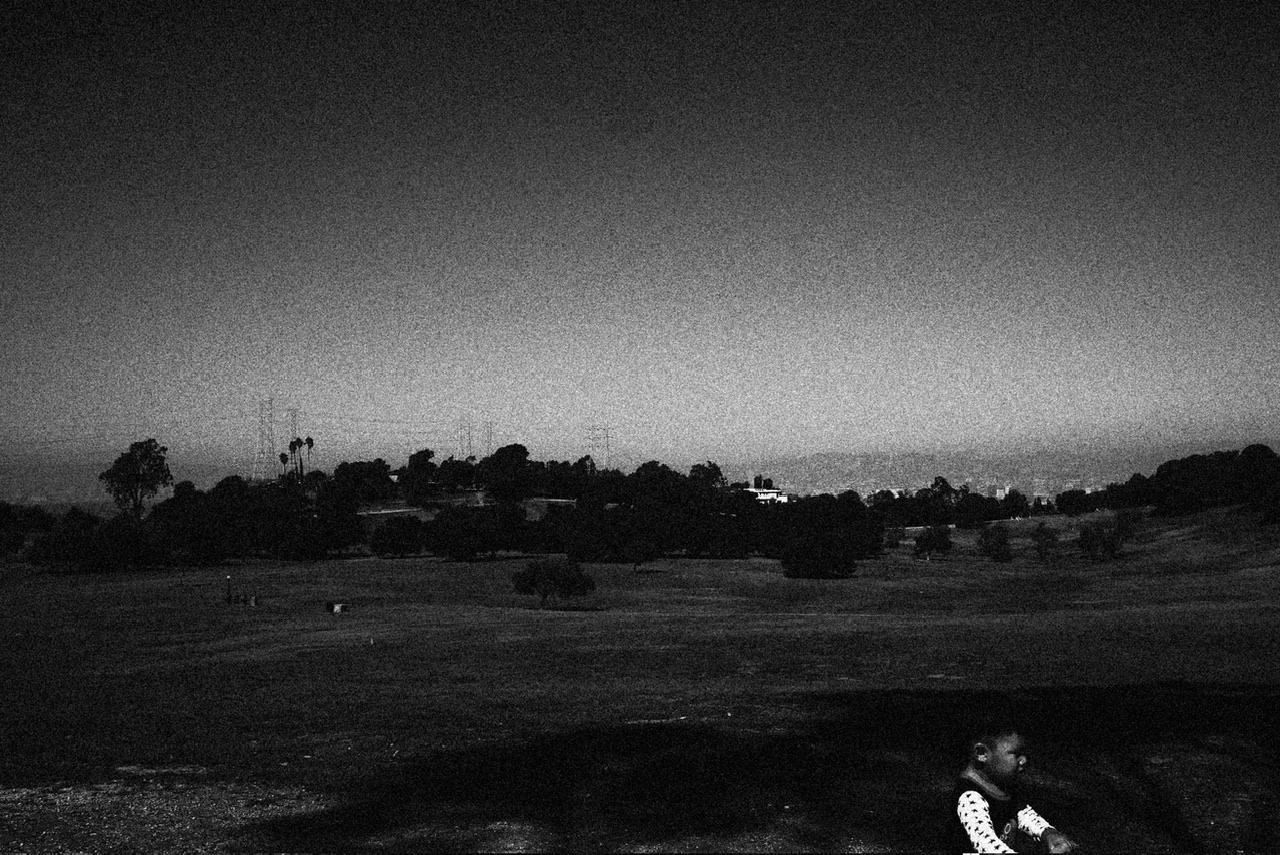
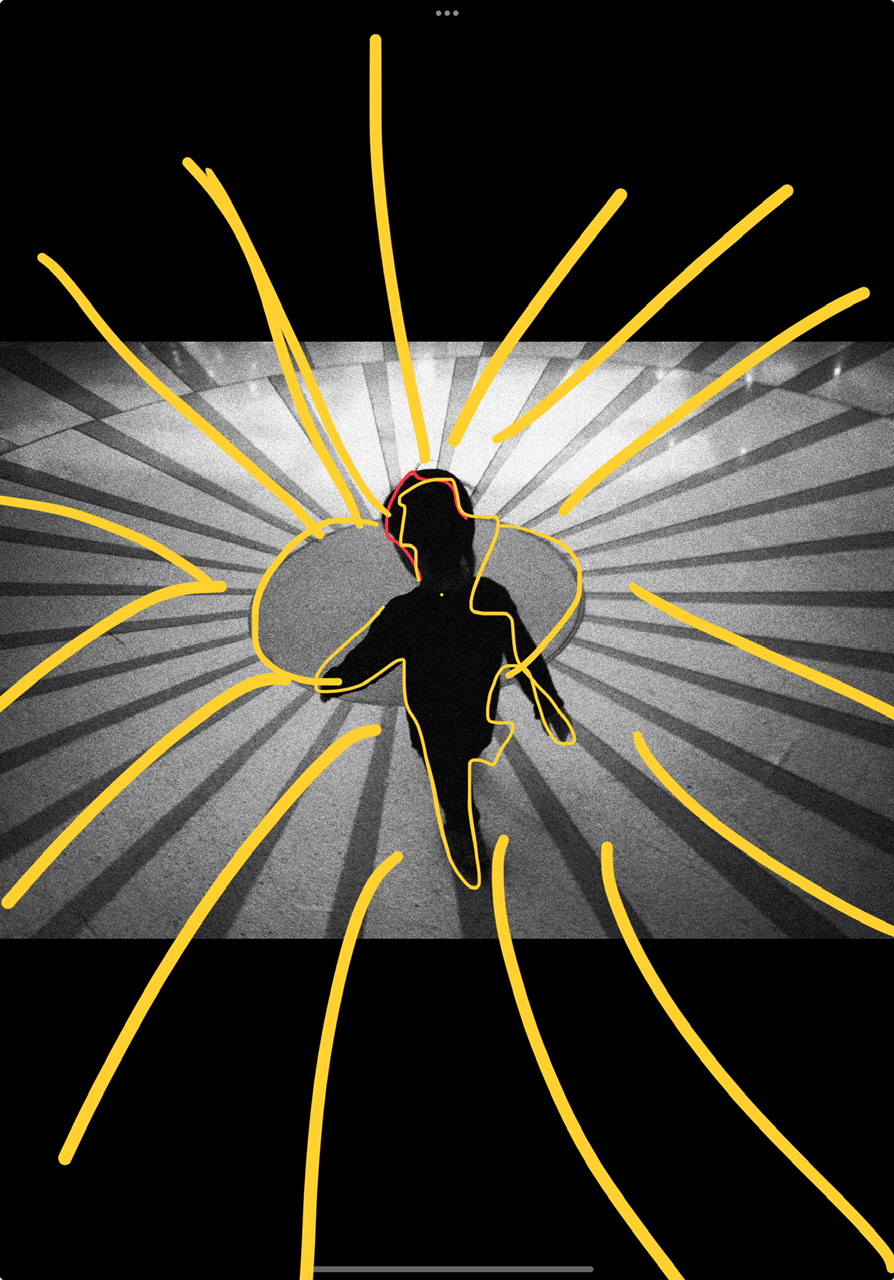





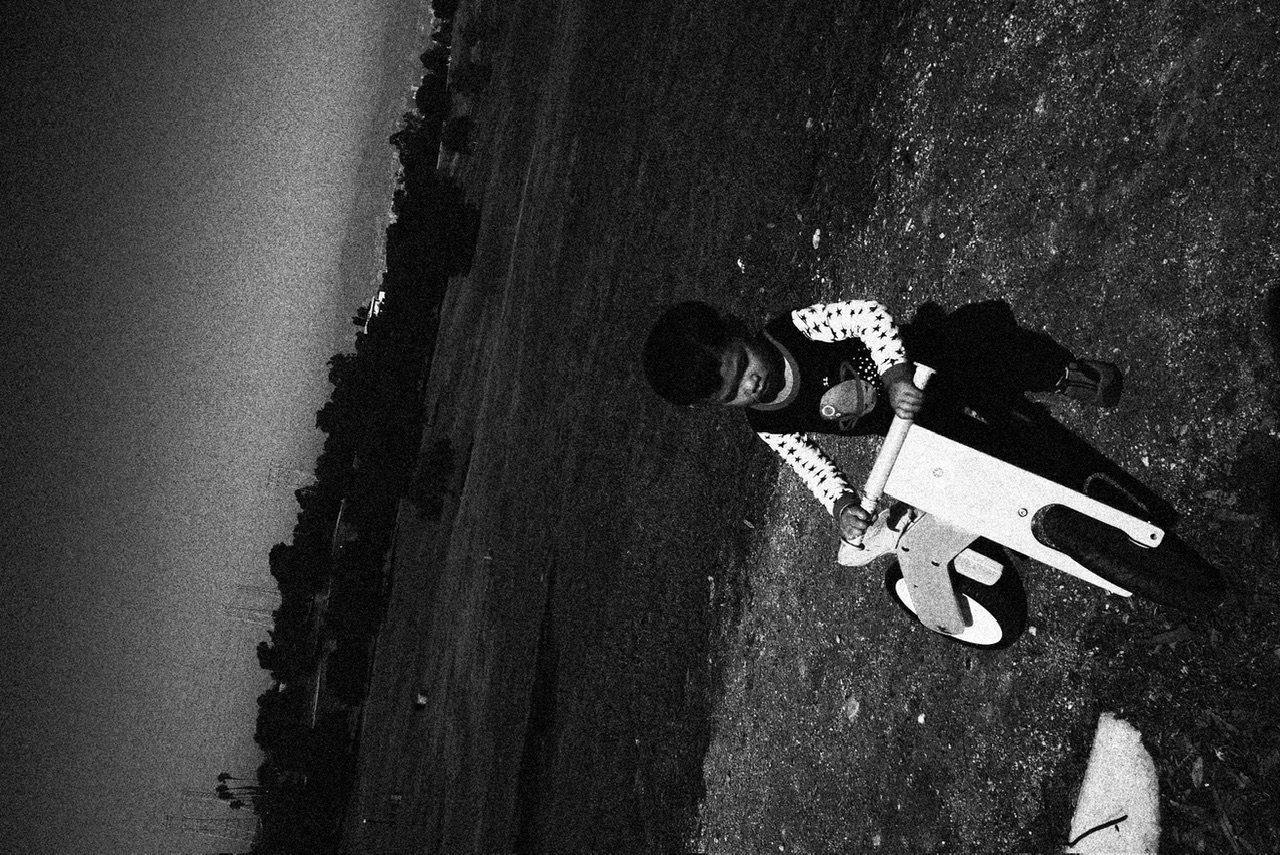
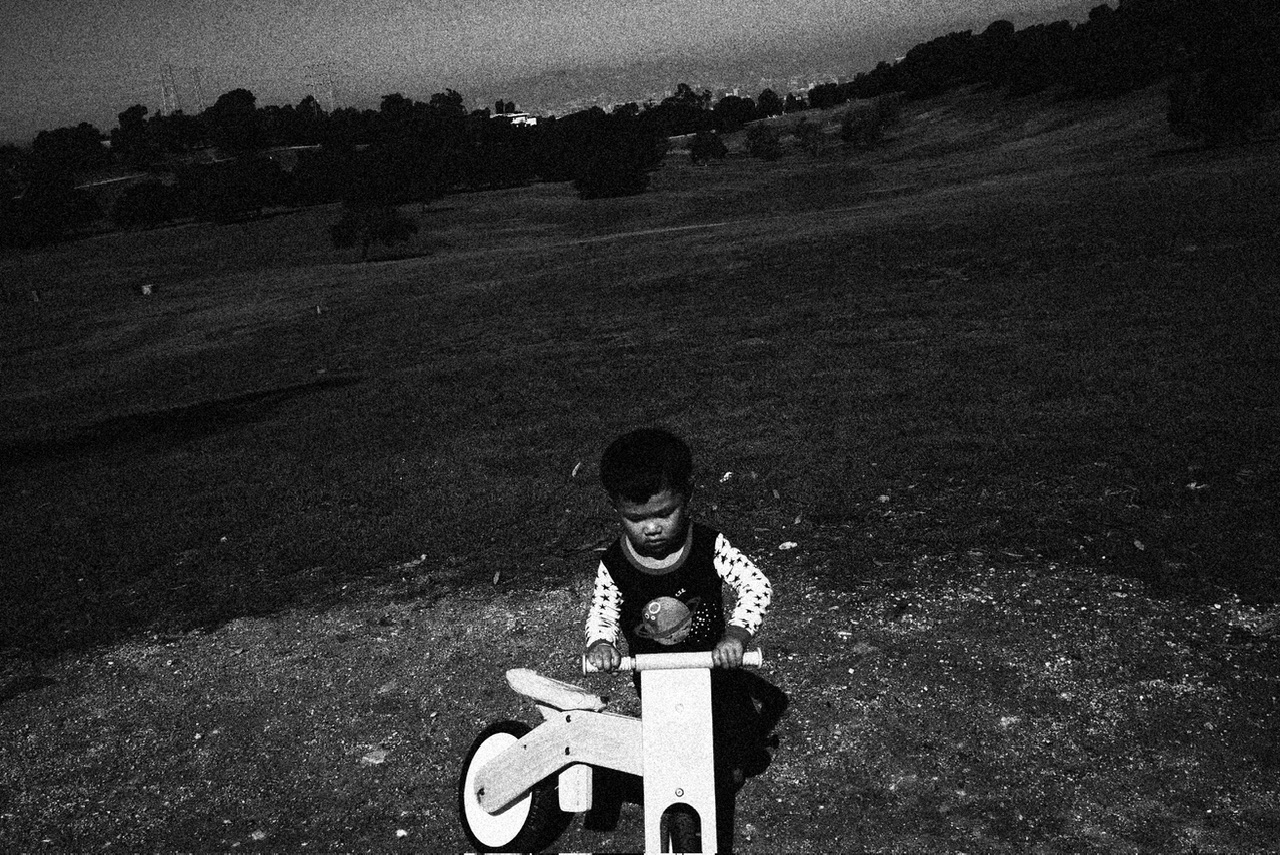
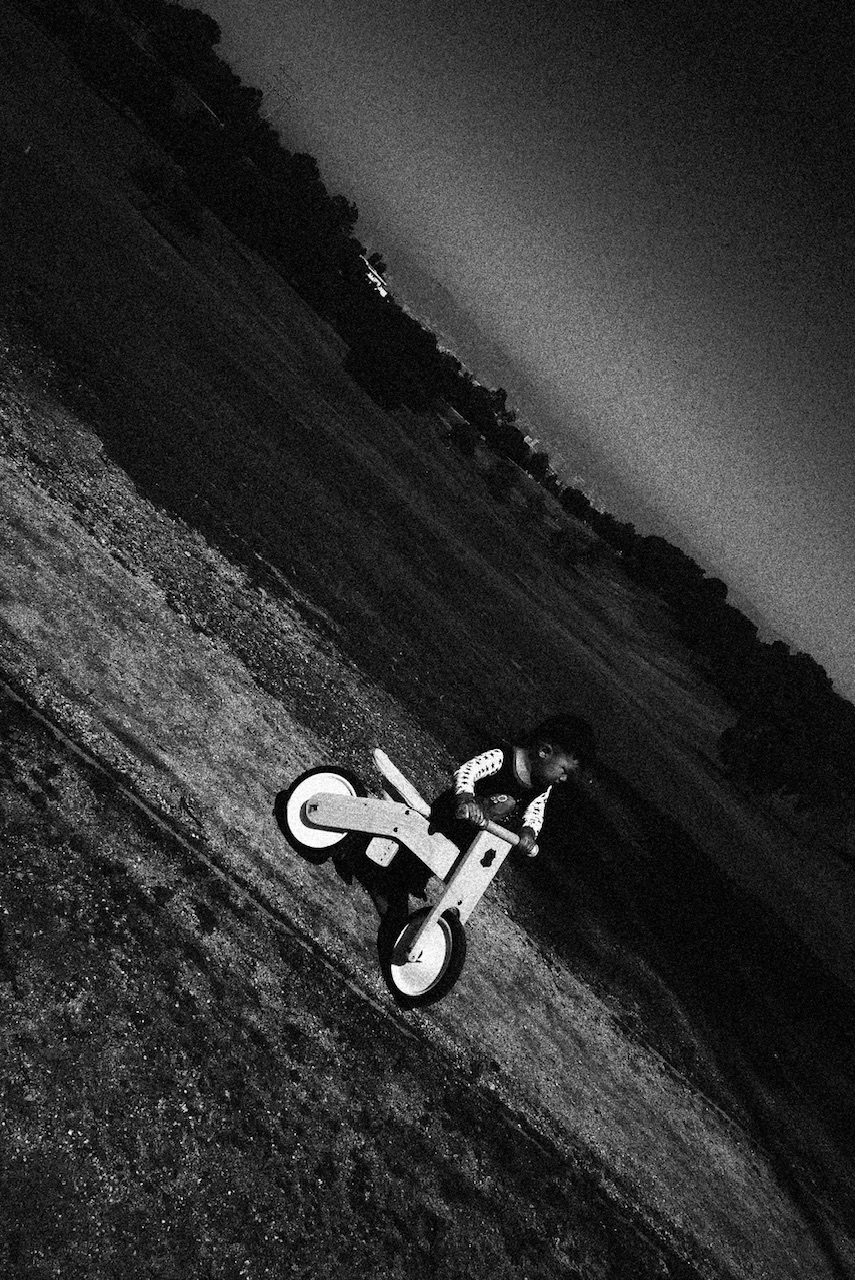

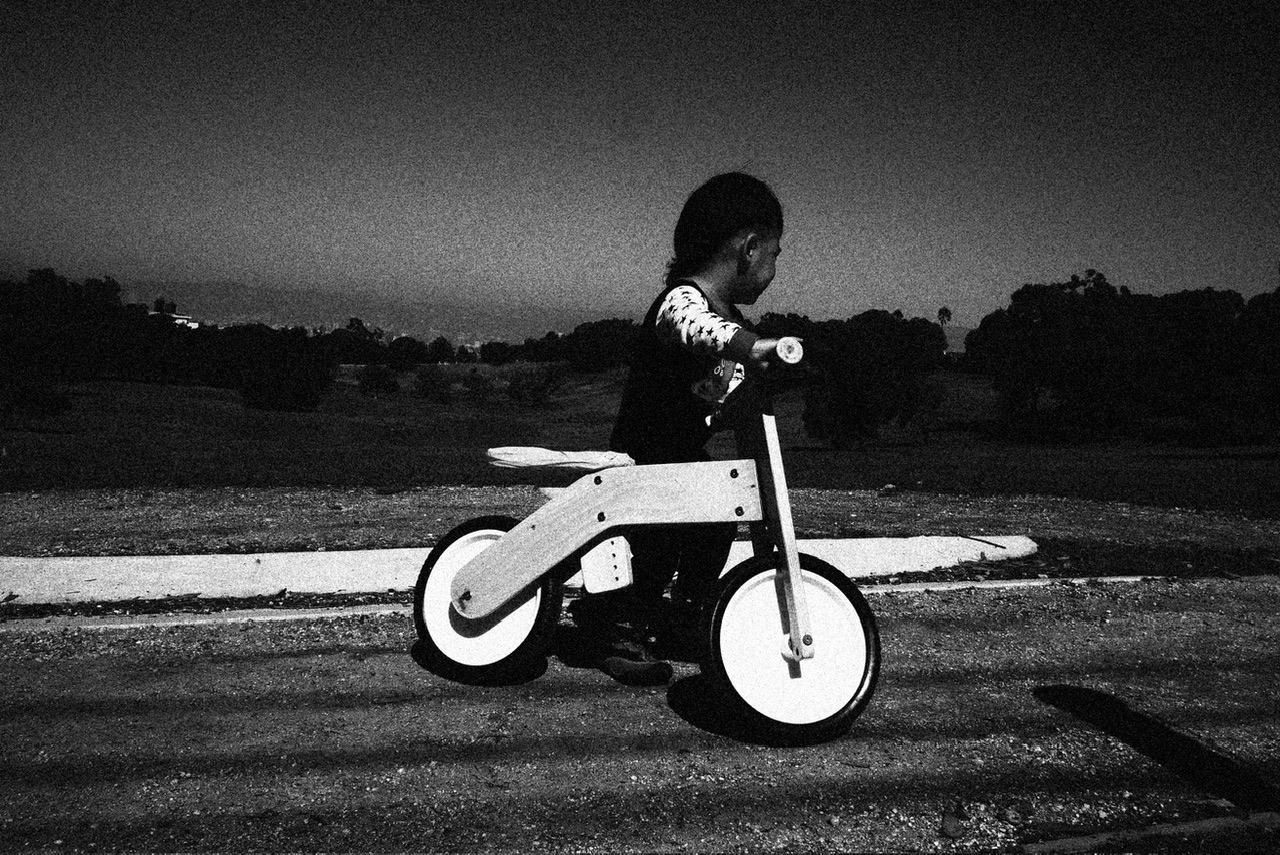

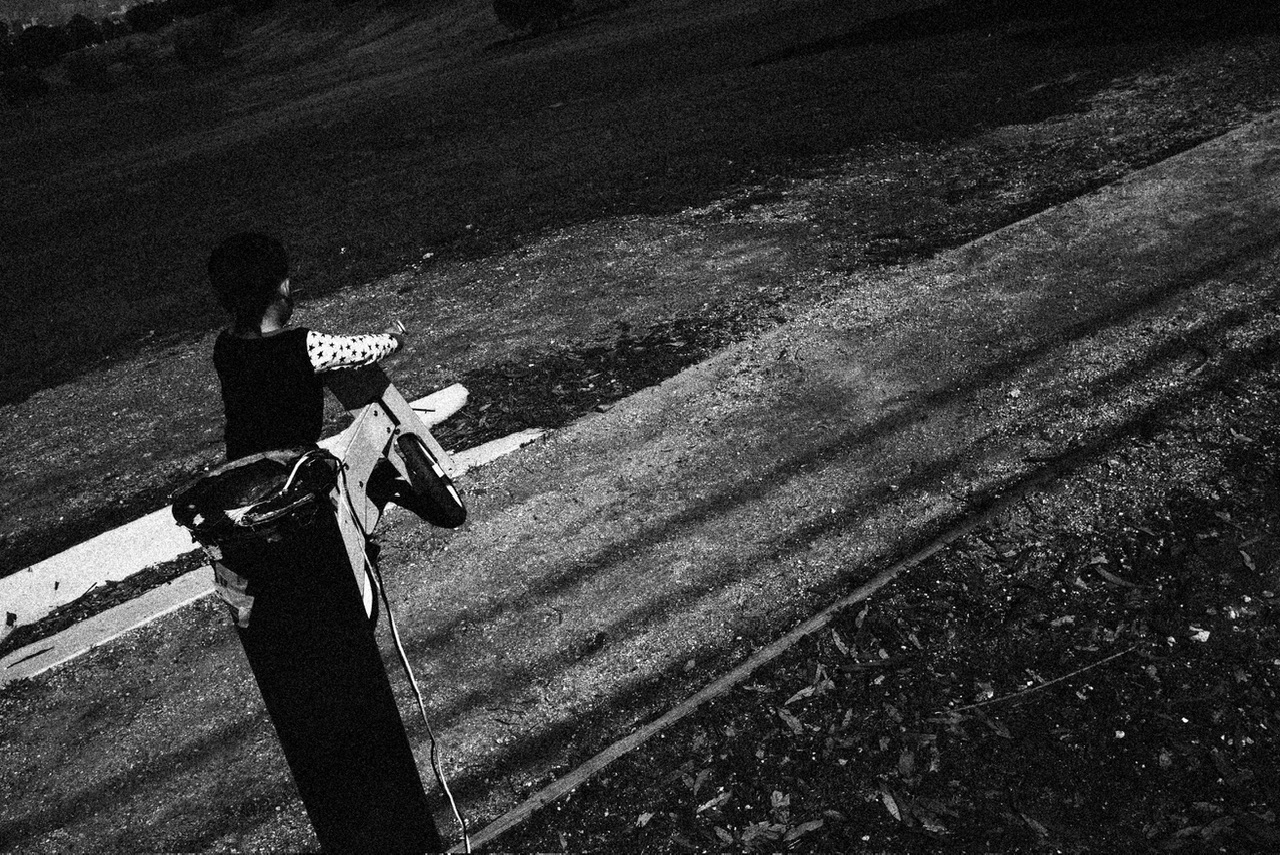
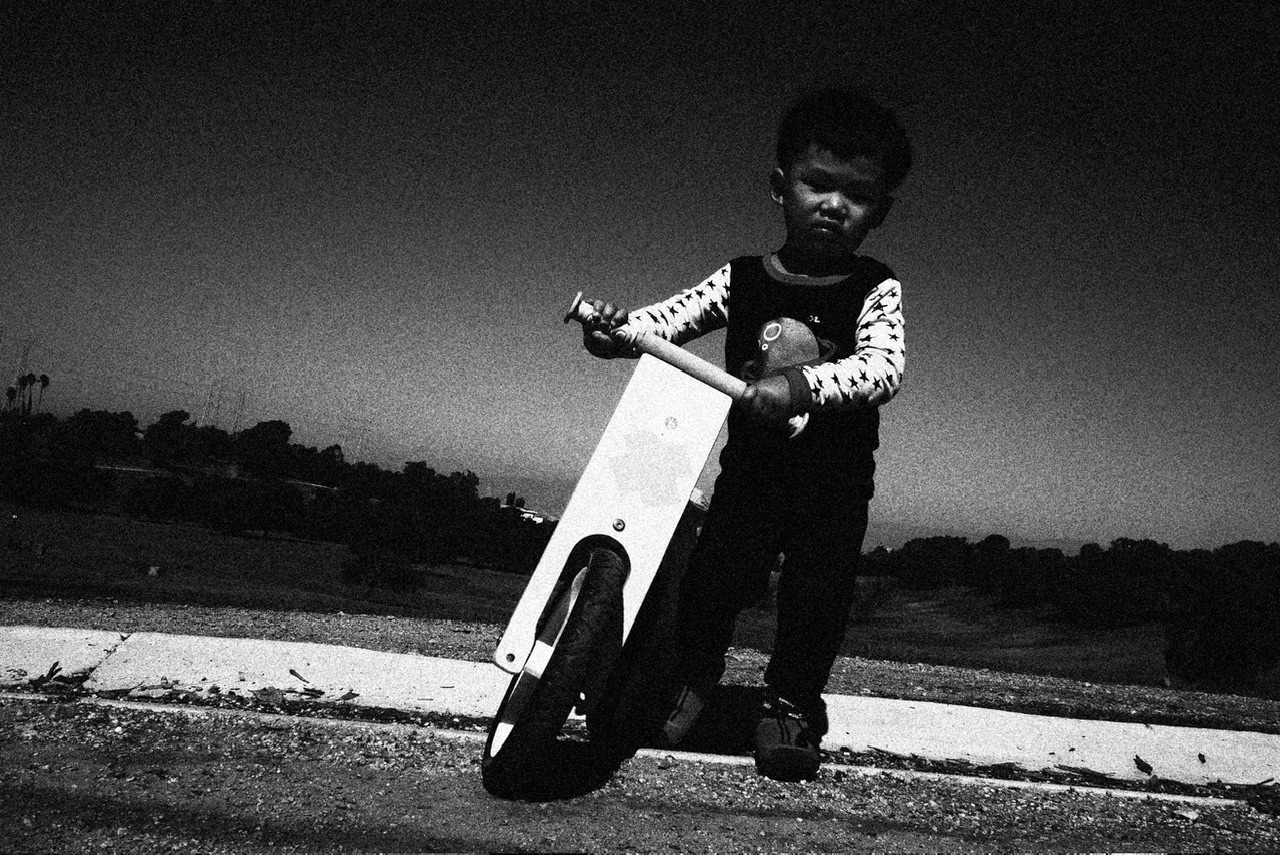


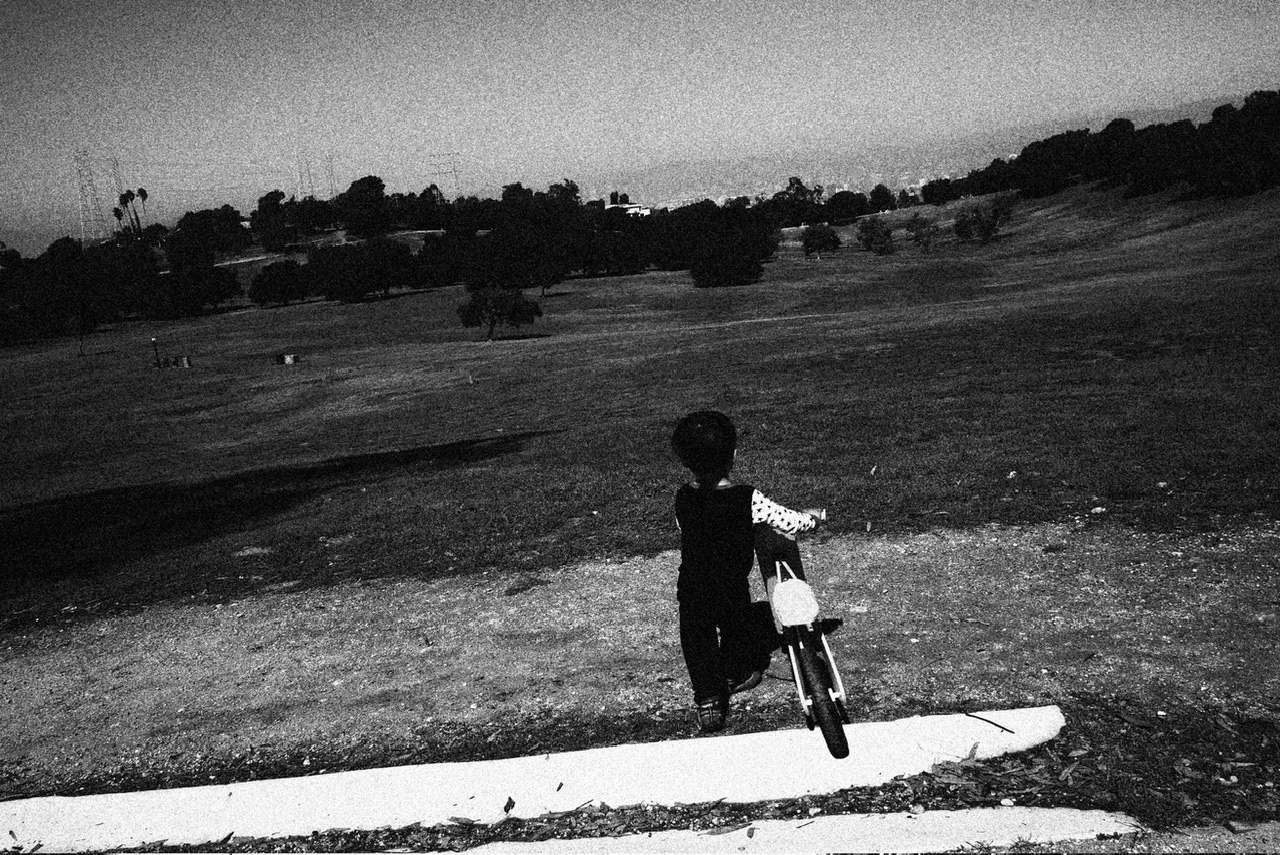







For example, my criticality towards Apple — because I love it, and Steve Jobs?
A new color-way; also an idea for the next iPhone Pro.
Seriously there is something critically wrong with the new iOS and iPad OS?
I’m on a new level!
Create a new type of media?
DARKER IS BETTER.
Seeking great solutions:
Maybe?
Blank Canvas
Bitcoin is here to stay!
The sun is the best stimulus?
What do you want for yourself?
Photo productivity ideas
Photography as effortless:




















Shoot like EK:























































































































































































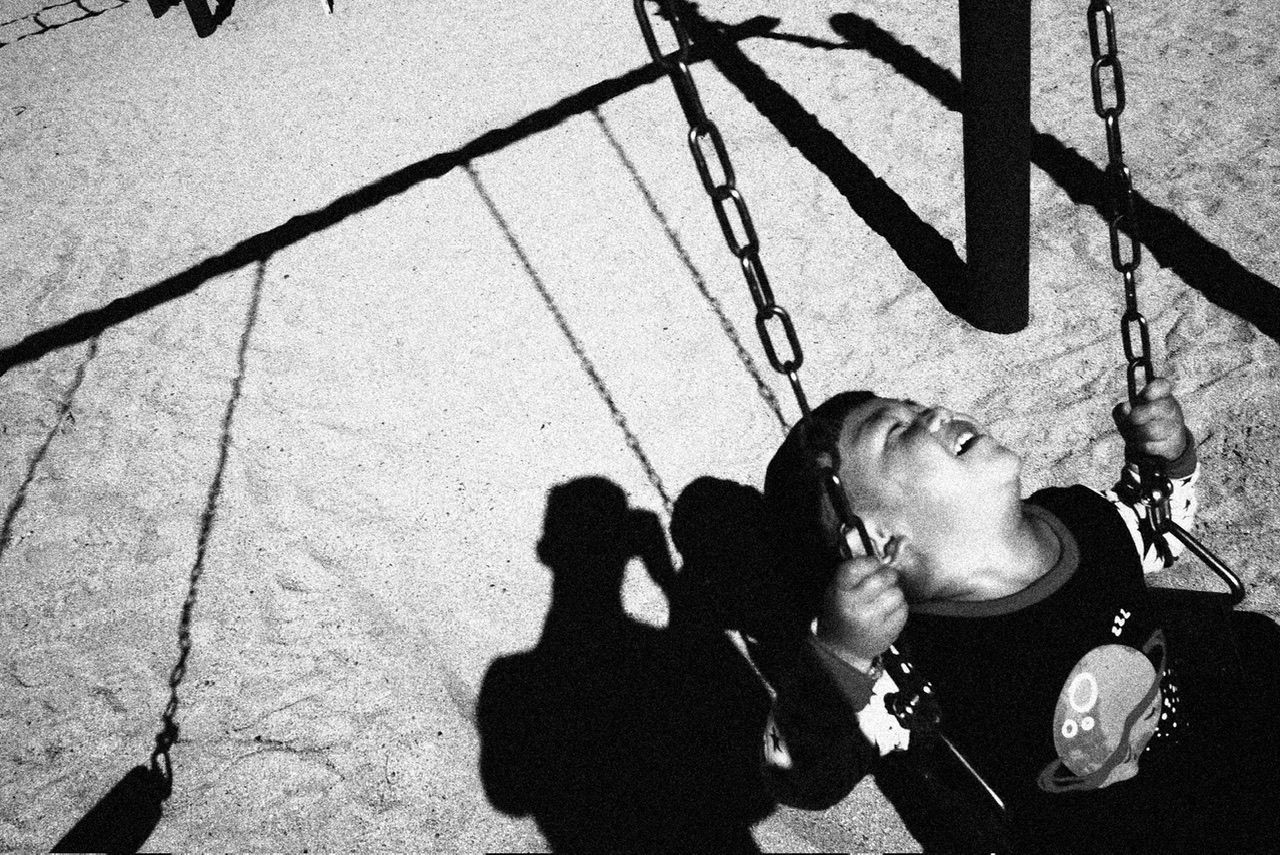






































































Current iteration — iterate based on the current moment, not “schedules†or “structure†etc.
Also, iPad Pro is better than iPhone Pro, simply because the display is much much bigger! The ultimate best way to view your photos is on iPad Pro, the smaller one. Even if you had $1 billion, the photo viewing experience on iPad Pro is 1, trillion times better than iPhone Pro.































































Photography is my profession!




Critique of new iPhone Pro Titan — the design and color scheme is boring?
Suggested colors:
In other words, iPhone sucks.
Instead, long live iPad Pro!
The big problem is that we tried to rush things, and as a consequence, they end up badly.
Why is it that we no longer marvel at flying, being up 40,000 miles in the sky and looking out?
For example, I am seen with chagrin for wearing really really short shorts when out in public, when in reality, there is nothing illegal about it?
Body comportment, body control?
Seek your own personal paradise:
Think beyond:
Also, is that truly your stumbling block or is it something else?
I think one of the ultimate life hacks that I’ve discovered is this notion of tandem living; the general idea and gist is that as you’re doing things, also do it with your kid! Not to separate the two, but do them both concurrently, in tandem! Parallel processes.
For example, a new thing that I’ve been doing is while I take Seneca to the park, I also do some calisthenics exercises and workouts, and in addition, I also use that opportunity to Vlog and do other stuff I think this is towards the idea of killing 10 birds.
Off the grid, off the rails
Flesh is a privilege
Why is it that the plastic trim, the black plastic trim on the Tesla model Y and X is so ugly? Just paint it gloss black! Even the new Toyota RAV4, prime, in gloss black looks better!
No fences no ceilings no limits
What do you want to make or build?
99.9999% of things aren’t worth reading
Convenient or critical ?
We should be outside 12 hours a day?
Spaceship boy:

























Ultra hardcore!
How to Think Like Elon?
Just finished the Elon Musk biography by Walter Isaacson and feeling super inspired. These are some practical things that I’ve learned or gleaned from it.
The first practical and pragmatic thought that I have is that no you do not want to be Elon Musk. Better to be yourself.
I am grateful for all of the epic sacrifices that Elon has made, but, at the expense of his health and sanity and personal well-being, I don’t really think it’s worth it.
The simple thought I have is that instead of trying to become someone else, a better strategy is to just take the parts that you like, the parts you desire to emulate.
It does not pay to try to become someone else.
Regarding the book the reason why I find it to be such great material to read is get a sense of all the personal anguish and tragedy of Elon. For example, his first kid getting sudden death infant syndrome, and Elon having to pull the plug while his child was still in his arms, heart beating and all. Also his insanely horrific upbringing with his father, which makes in my mind, all other comparisons seem pedestrian.
An idea that I borrowed from Elon is that perhaps, the only limits we should put forth are the limits of physics. That is, all of these other considerations are unnecessary and superficial. To get beyond silly regulations and “rulesâ€, because the reason why so many things are so expensive is people just trying to game the system.
First principles thinking. That means just ask yourself; is this thing possible or not possible simply from a physics perspective?
Why do people want to be Elon Musk? I think they think they want to spend a billion dollars, rather than being insanely scrappy.
I think the tragedy of modern day life is that we think that in order to be legitimate, we must spend exorbitant amount of money on certain things. However, perhaps the path to the greatest entrepreneurship is actually from the opposite; being able to be insanely scrappy, to bricolage, to experiment, and reduce costs seems to be a better path.
I have a simple suggestion: first always strive to reduce costs by 90%, then simply work your way backwards.
Delete delete delete, “if you don’t have to add back at least 10% of things, you’re not deleting enough.†Elon
I think great design, innovation and entrepreneurship comes from deletion rather than addition.
For example, deletion goes hand-in-hand with cost reduction and simplification.
Perhaps it is a good idea to delete to a fault; to even delete the necessary, in order to push the limits.
I think what makes Elon Musk great is that he is almost like the ultimate merge between Steve Jobs and Jony Ive; he has a passion not only for business, but also design. It seems that he might be as fastidious, if not more fastidious for design in regards to Jony Ive and Steve Jobs.
I think Elon Musk has two pieces of wisdom. First, design sells. Or in other words ugly design or boring design doesn’t sell.
I was particularly inspired by just how passionate he was in regards to designing the Tesla model S and cyber truck. He truly truly truly wanted to blow everyone’s mind, and he personally would be present at these critical design meetings. I think the ultimate take away is that you must believe in the design so so much, 100% of your soul in it. Otherwise it will just become a lame design that nobody cares for.
To compromise on design is to compromise your soul.
I don’t think it’s a matter of being bad or unethical or “evil“, for the sake of it… rather, to think and consider how perhaps to create insanely insanely epic things, what needs to push traditional morality to the side.
I was particularly inspired and shocked and also impressed by how ruthlessly he would fire people, even if he was in the wrong. I think the general gist is that 90% of his firing decisions were critical and wise, perhaps 10% of them were inaccurate.
Maybe then that is the path; just follow your gut and wisdom, and know that honestly, eventually 10% of the time you’re going to be wrong.
Truth be told, it ain’t even about being right or wrong. I think it’s more of a matter of following your heart, and having the courage to be the “bad guyâ€. Irregardless of what others think or say or feel or desire or request.
If in fact, I think about it critically, my Achilles heel is that I want everyone to like me. And this is my critical flaw; I don’t know how to be a “bad guy“. Certainly this has made me more empathetic, but is empathy holding us back?
I think the ultimate takeaway point that I have from Elon Musk, and being able to retroactively study his life, also through the wise lens of Walter Isaacson is that ultimately, it ain’t about success or failure. Instead, it is committing 100% of your soul to something you truly believe in and care for.
Simple ways: just make a coffee at home, ERIC KIM Omakase coffee. Also just cook at home! Just buy cheap meat, beef and lamb, and go ham!
Maybe instead of getting a gym membership, just work out at the park! Simple ideas include getting a very very heavy sandbag, 400 pounds, and throwing it around! Just ordered a 400 pound sandbag on the Rogue website, let’s see what this bad boy can do.
For me, entrepreneurship is all about discovering novel solutions to common problems. Even for myself, I am always seeking a more optimal or satisfactory solution for myself.
If it is maximum productivity that we seek, then, what is the best path? I believe it has to do with health. That means, optimizing your health is to optimize your productivity.
For example, sugar is bad. Also to a large extent, energy drinks are bad, Red Bull is bad, anything that ain’t just 100% black coffee is bad. Even caffeine is bad; I think coffee and caffeine is probably the least bad drug out there, but I really do think that it is a timing issue; coffee in the morning is good, but it seems that after that coffee is bad.
For example, when I was in Philly I had a coffee mid day, and as a consequence, I slept insanely poorly that night which totally fucked up my next day. I think I had a coffee at around 2 PM or 3 PM. My new thought is that any coffee past the midday is bad.
The more you sleep, the more you nap, the more productive you shall become. I think it is a very wise idea to first prioritize your sleep. Like my friend Jeffrey Lam says, perhaps sleep is the number one most critical factor.
Why sleep? Even 30 minutes of productive work after sleeping a great 8 to 12 hours is more effective than 12 hours of subpar work done with little sleep.
Often times friction is a good thing; because, it makes you really really critically assess how much you care for something or not. For example, things you do not regard as insanely insanely critical, even if there are roadblocks, means the ultimately you don’t care for that much!
Or in other words, friction and obstacles is good because the challenges you to think about how critically you care for something. This means:
Obstacles or annoyances are good, because they truly show you what you truly care for and what you don’t care for!
For example, let us say that you think you care for some thing. And then when you’re about to do it, you hit some roadblocks or annoyances or obstacles — and ultimately, you hesitate, it is a sign that it ain’t really really worth it.
Is anywhere and everywhere:
The entrepreneurial way:
Feel strongly.
Only do that which you’re passionate about?
Intense or nothing.
Pure willpower?
The stoic Spartan ideal
Just finished the Elon Musk biography by Walter Isaacson and feeling super inspired. These are some practical things that I’ve learned or gleaned from it.
The first practical and pragmatic thought that I have is that no you do not want to be Elon Musk. Better to be yourself.
I am grateful for all of the epic sacrifices that Elon has made, but, at the expense of his health and sanity and personal well-being, I don’t really think it’s worth it.
The simple thought I have is that instead of trying to become someone else, a better strategy is to just take the parts that you like, the parts you desire to emulate.
It does not pay to try to become someone else.
Regarding the book the reason why I find it to be such great material to read is get a sense of all the personal anguish and tragedy of Elon. For example, his first kid getting sudden death infant syndrome, and Elon having to pull the plug while his child was still in his arms, heart beating and all. Also his insanely horrific upbringing with his father, which makes in my mind, all other comparisons seem pedestrian.
An idea that I borrowed from Elon is that perhaps, the only limits we should put forth are the limits of physics. That is, all of these other considerations are unnecessary and superficial. To get beyond silly regulations and “rulesâ€, because the reason why so many things are so expensive is people just trying to game the system.
First principles thinking. That means just ask yourself; is this thing possible or not possible simply from a physics perspective?
Why do people want to be Elon Musk? I think they think they want to spend a billion dollars, rather than being insanely scrappy.
I think the tragedy of modern day life is that we think that in order to be legitimate, we must spend exorbitant amount of money on certain things. However, perhaps the path to the greatest entrepreneurship is actually from the opposite; being able to be insanely scrappy, to bricolage, to experiment, and reduce costs seems to be a better path.
I have a simple suggestion: first always strive to reduce costs by 90%, then simply work your way backwards.
Delete delete delete, “if you don’t have to add back at least 10% of things, you’re not deleting enough.†Elon
I think great design, innovation and entrepreneurship comes from deletion rather than addition.
For example, deletion goes hand-in-hand with cost reduction and simplification.
Perhaps it is a good idea to delete to a fault; to even delete the necessary, in order to push the limits.
I think what makes Elon Musk great is that he is almost like the ultimate merge between Steve Jobs and Jony Ive; he has a passion not only for business, but also design. It seems that he might be as fastidious, if not more fastidious for design in regards to Jony Ive and Steve Jobs.
I think Elon Musk has two pieces of wisdom. First, design sells. Or in other words ugly design or boring design doesn’t sell.
I was particularly inspired by just how passionate he was in regards to designing the Tesla model S and cyber truck. He truly truly truly wanted to blow everyone’s mind, and he personally would be present at these critical design meetings. I think the ultimate take away is that you must believe in the design so so much, 100% of your soul in it. Otherwise it will just become a lame design that nobody cares for.
To compromise on design is to compromise your soul.
I don’t think it’s a matter of being bad or unethical or “evil“, for the sake of it… rather, to think and consider how perhaps to create insanely insanely epic things, what needs to push traditional morality to the side.
I was particularly inspired and shocked and also impressed by how ruthlessly he would fire people, even if he was in the wrong. I think the general gist is that 90% of his firing decisions were critical and wise, perhaps 10% of them were inaccurate.
Maybe then that is the path; just follow your gut and wisdom, and know that honestly, eventually 10% of the time you’re going to be wrong.
Truth be told, it ain’t even about being right or wrong. I think it’s more of a matter of following your heart, and having the courage to be the “bad guyâ€. Irregardless of what others think or say or feel or desire or request.
If in fact, I think about it critically, my Achilles heel is that I want everyone to like me. And this is my critical flaw; I don’t know how to be a “bad guy“. Certainly this has made me more empathetic, but is empathy holding us back?
I think the ultimate takeaway point that I have from Elon Musk, and being able to retroactively study his life, also through the wise lens of Walter Isaacson is that ultimately, it ain’t about success or failure. Instead, it is committing 100% of your soul to something you truly believe in and care for.
I have an immortal thought; perhaps empathy is bad.
Just finished the Elon Musk biography by Walter Isaacson and feeling super inspired. These are some practical things that I’ve learned or gleaned from it.
The first practical and pragmatic thought that I have is that no you do not want to be Elon Musk. Better to be yourself.
I am grateful for all of the epic sacrifices that Elon has made, but, at the expense of his health and sanity and personal well-being, I don’t really think it’s worth it.
The simple thought I have is that instead of trying to become someone else, a better strategy is to just take the parts that you like, the parts you desire to emulate.
It does not pay to try to become someone else.
Regarding the book the reason why I find it to be such great material to read is get a sense of all the personal anguish and tragedy of Elon. For example, his first kid getting sudden death infant syndrome, and Elon having to pull the plug while his child was still in his arms, heart beating and all. Also his insanely horrific upbringing with his father, which makes in my mind, all other comparisons seem pedestrian.
An idea that I borrowed from Elon is that perhaps, the only limits we should put forth are the limits of physics. That is, all of these other considerations are unnecessary and superficial. To get beyond silly regulations and “rulesâ€, because the reason why so many things are so expensive is people just trying to game the system.
First principles thinking. That means just ask yourself; is this thing possible or not possible simply from a physics perspective?
Why do people want to be Elon Musk? I think they think they want to spend a billion dollars, rather than being insanely scrappy.
I think the tragedy of modern day life is that we think that in order to be legitimate, we must spend exorbitant amount of money on certain things. However, perhaps the path to the greatest entrepreneurship is actually from the opposite; being able to be insanely scrappy, to bricolage, to experiment, and reduce costs seems to be a better path.
I have a simple suggestion: first always strive to reduce costs by 90%, then simply work your way backwards.
Delete delete delete, “if you don’t have to add back at least 10% of things, you’re not deleting enough.†Elon
I think great design, innovation and entrepreneurship comes from deletion rather than addition.
For example, deletion goes hand-in-hand with cost reduction and simplification.
Perhaps it is a good idea to delete to a fault; to even delete the necessary, in order to push the limits.
I think what makes Elon Musk great is that he is almost like the ultimate merge between Steve Jobs and Jony Ive; he has a passion not only for business, but also design. It seems that he might be as fastidious, if not more fastidious for design in regards to Jony Ive and Steve Jobs.
I think Elon Musk has two pieces of wisdom. First, design sells. Or in other words ugly design or boring design doesn’t sell.
I was particularly inspired by just how passionate he was in regards to designing the Tesla model S and cyber truck. He truly truly truly wanted to blow everyone’s mind, and he personally would be present at these critical design meetings. I think the ultimate take away is that you must believe in the design so so much, 100% of your soul in it. Otherwise it will just become a lame design that nobody cares for.
To compromise on design is to compromise your soul.
I don’t think it’s a matter of being bad or unethical or “evil“, for the sake of it… rather, to think and consider how perhaps to create insanely insanely epic things, what needs to push traditional morality to the side.
I was particularly inspired and shocked and also impressed by how ruthlessly he would fire people, even if he was in the wrong. I think the general gist is that 90% of his firing decisions were critical and wise, perhaps 10% of them were inaccurate.
Maybe then that is the path; just follow your gut and wisdom, and know that honestly, eventually 10% of the time you’re going to be wrong.
Truth be told, it ain’t even about being right or wrong. I think it’s more of a matter of following your heart, and having the courage to be the “bad guyâ€. Irregardless of what others think or say or feel or desire or request.
If in fact, I think about it critically, my Achilles heel is that I want everyone to like me. And this is my critical flaw; I don’t know how to be a “bad guy“. Certainly this has made me more empathetic, but is empathy holding us back?